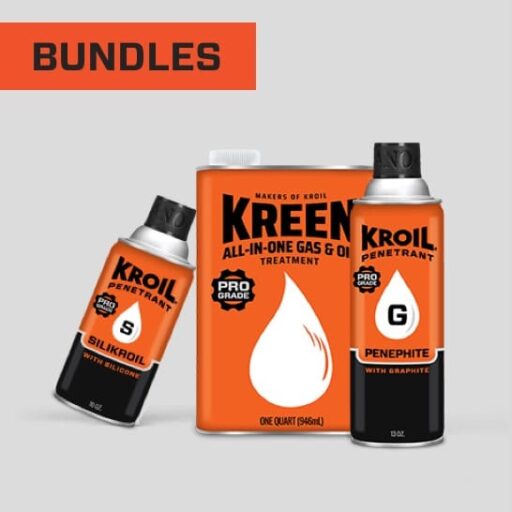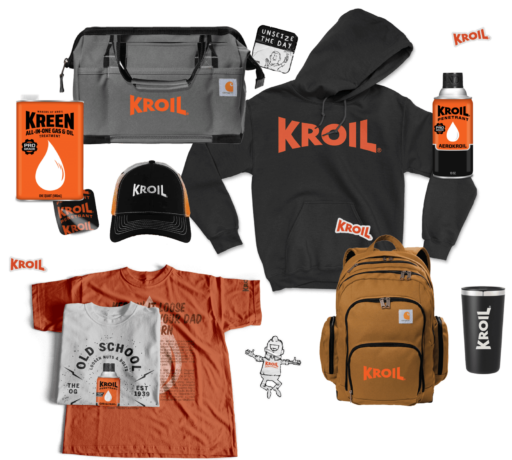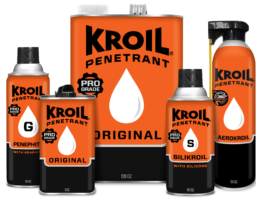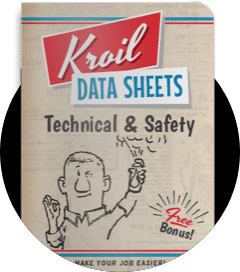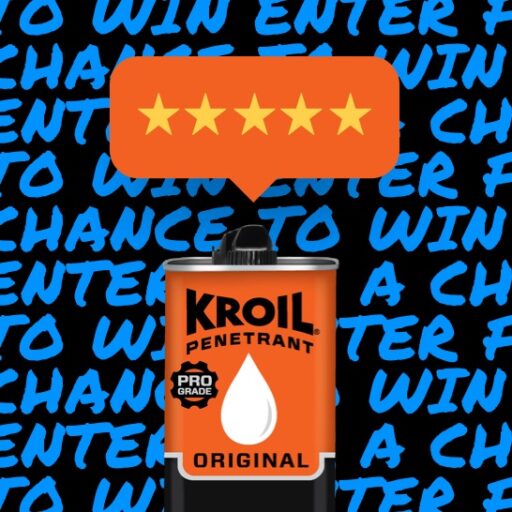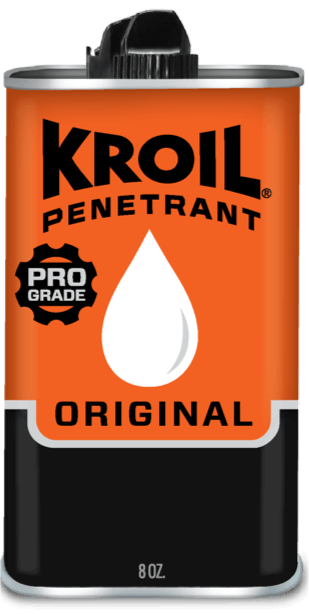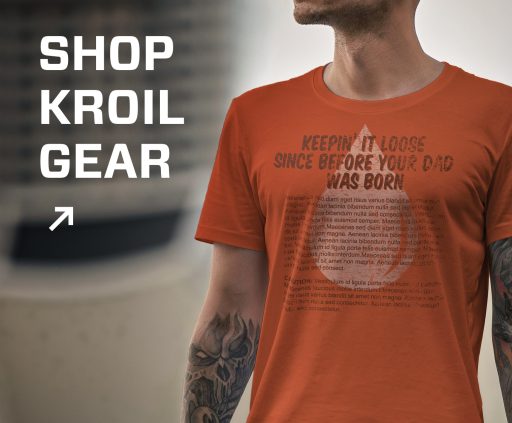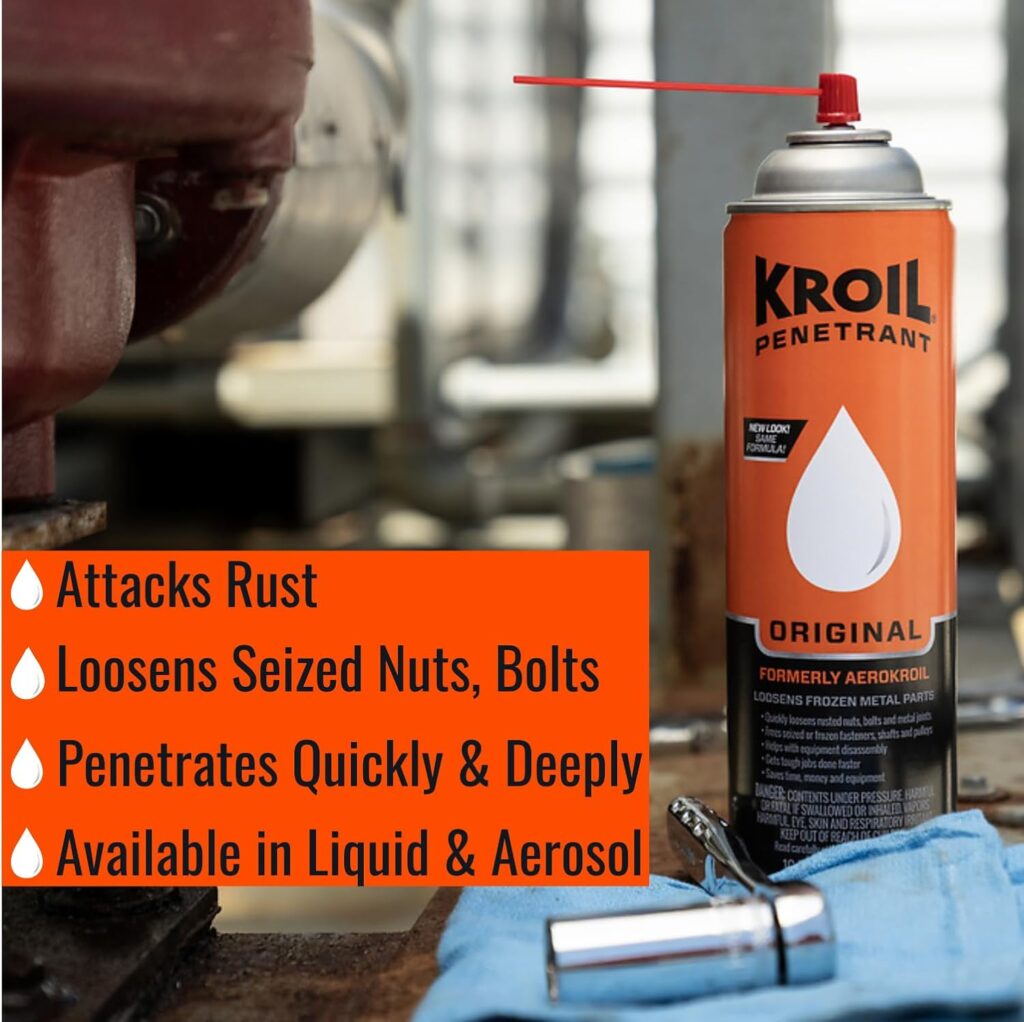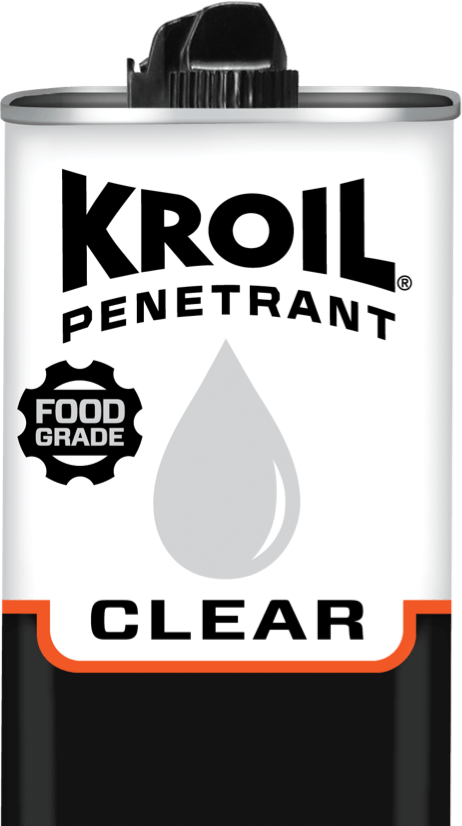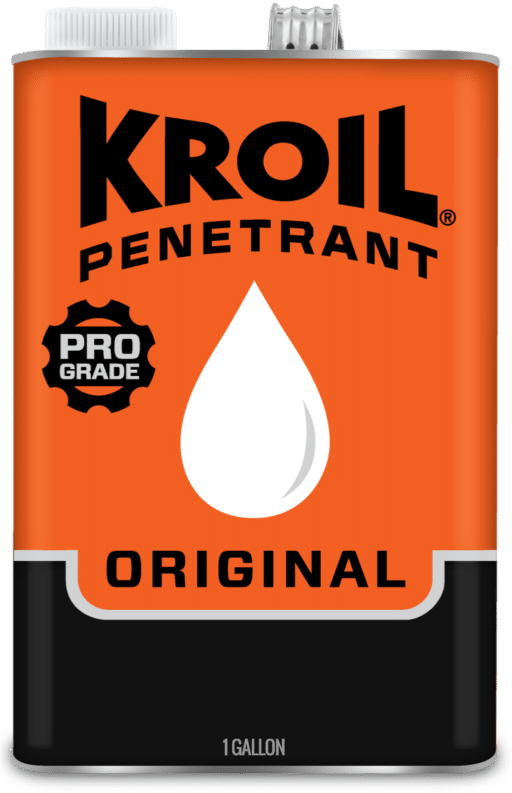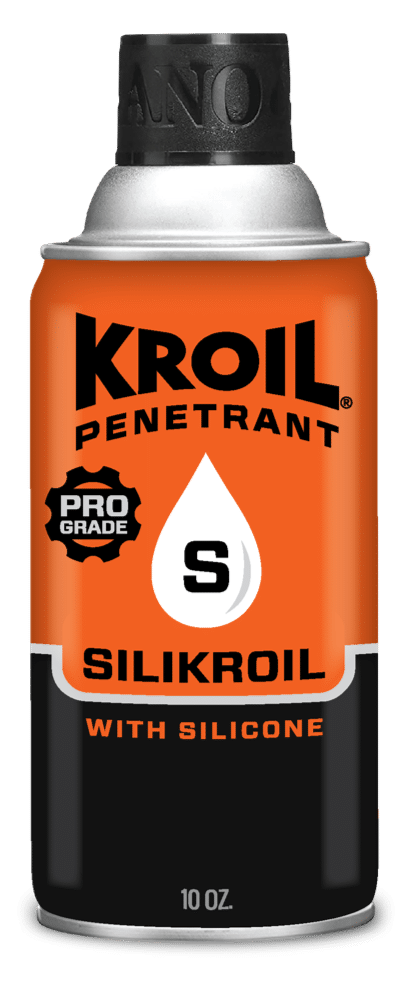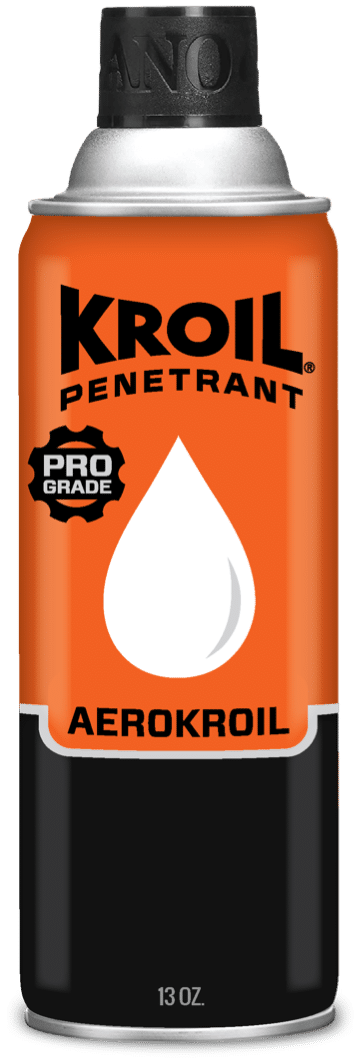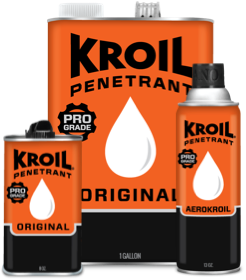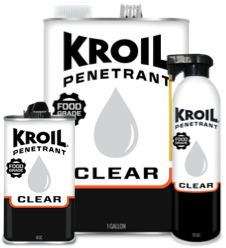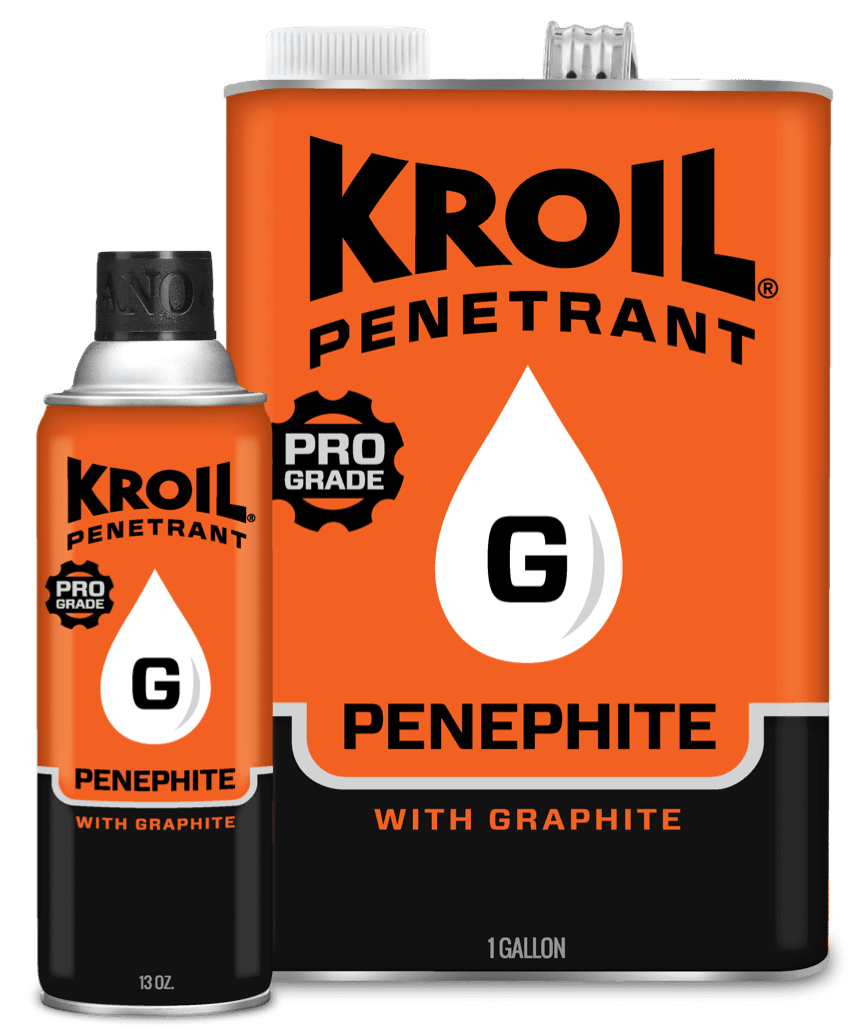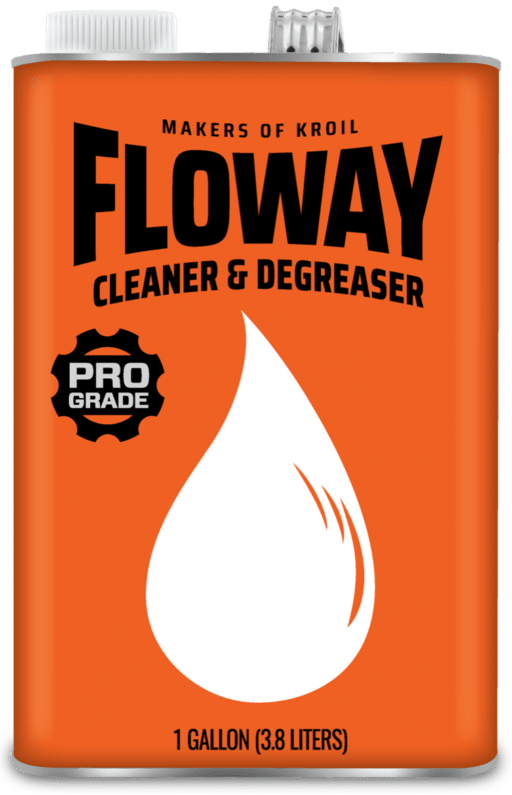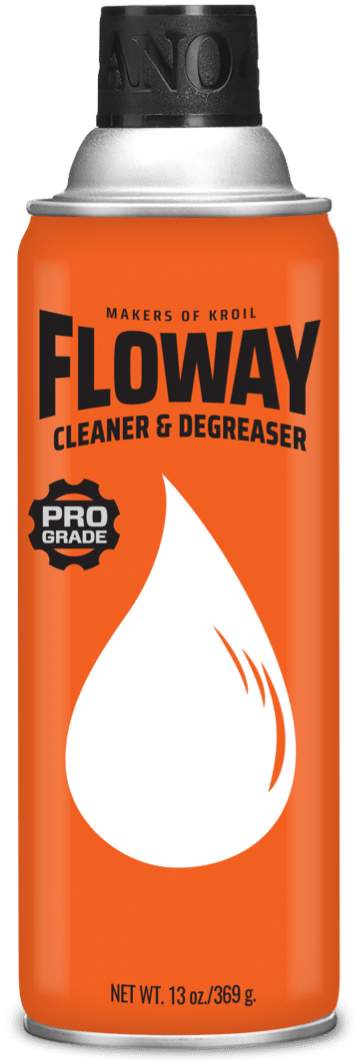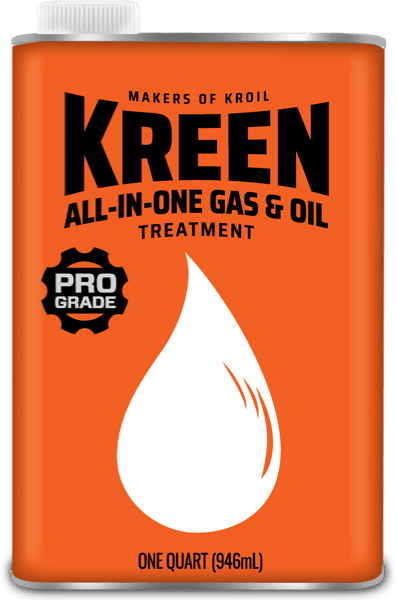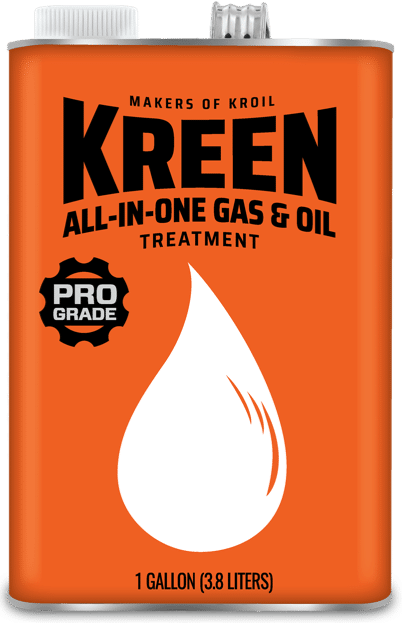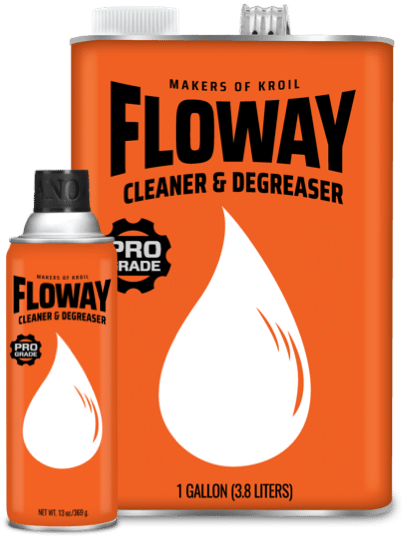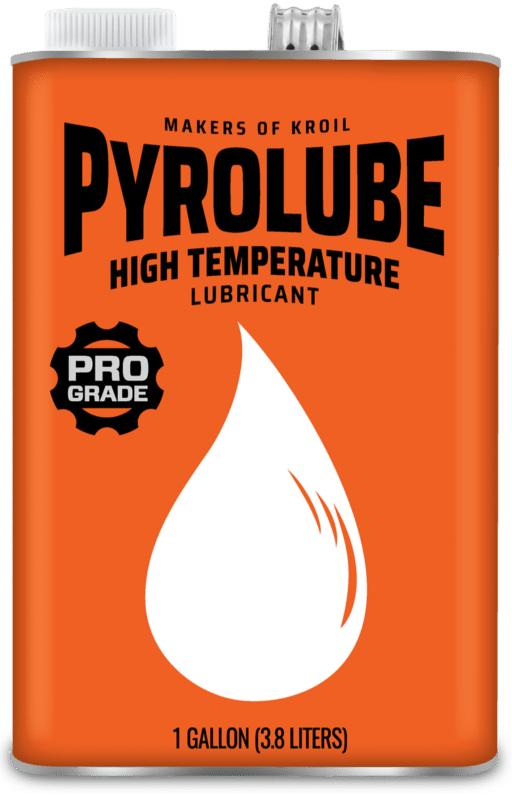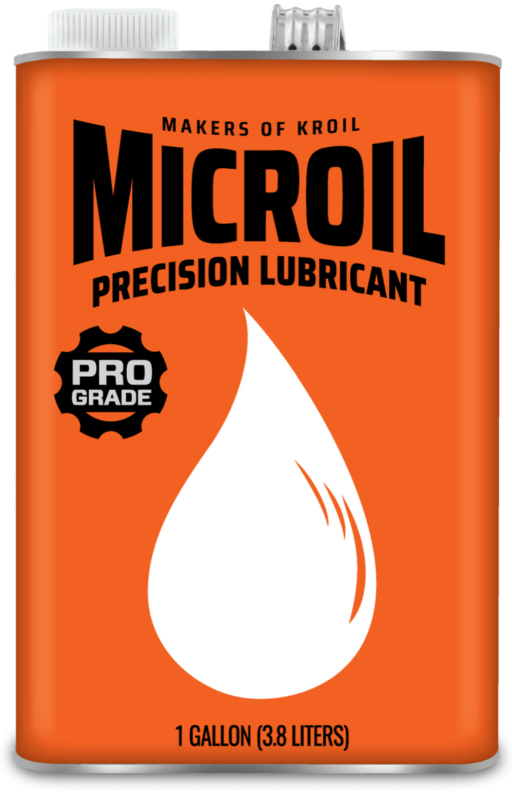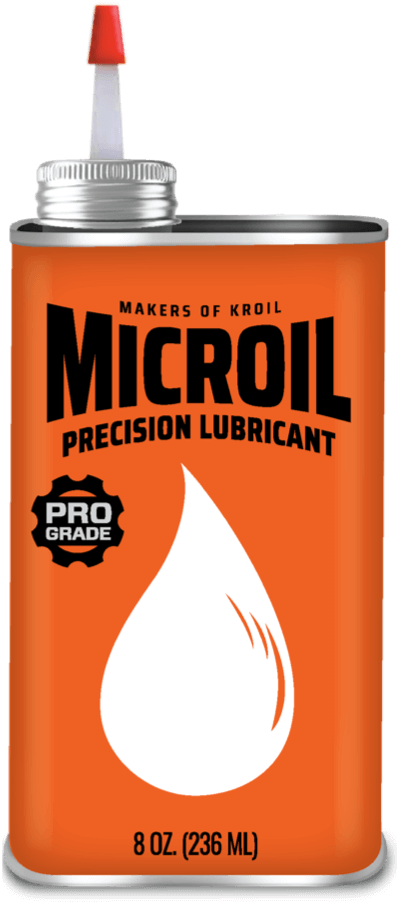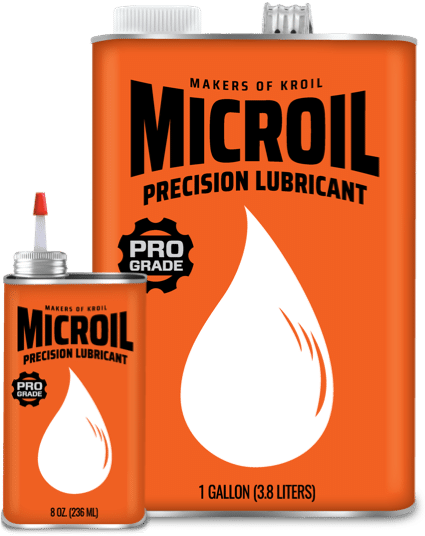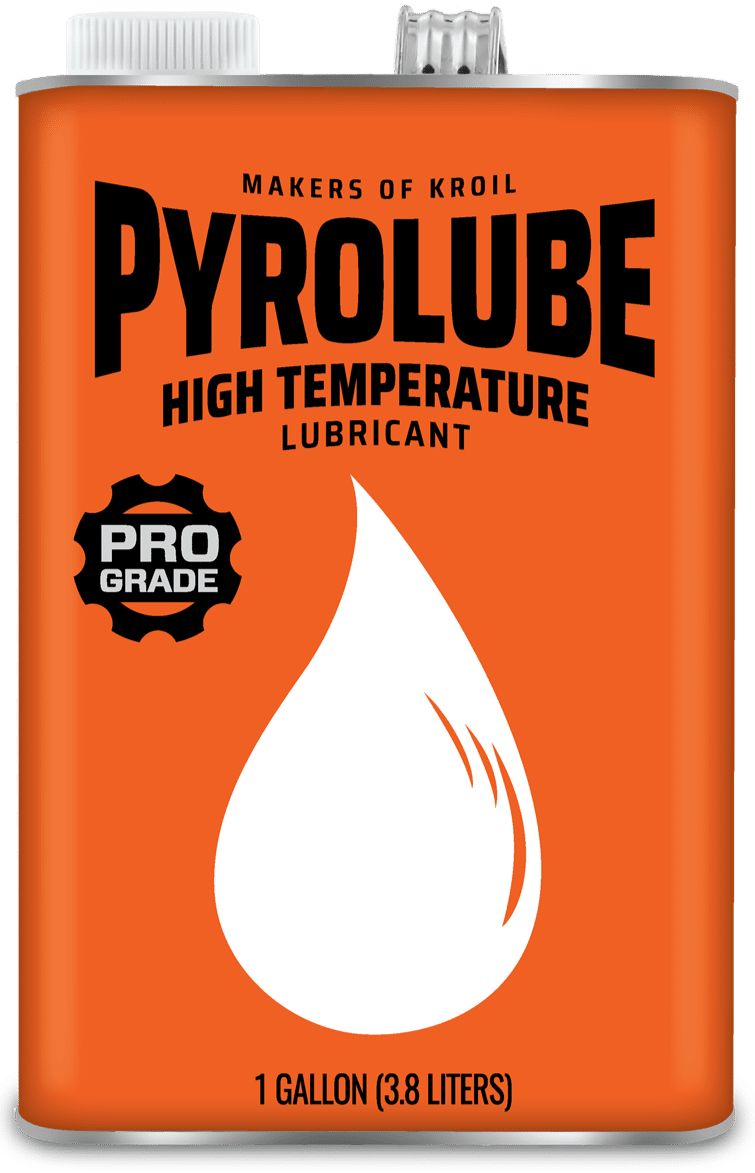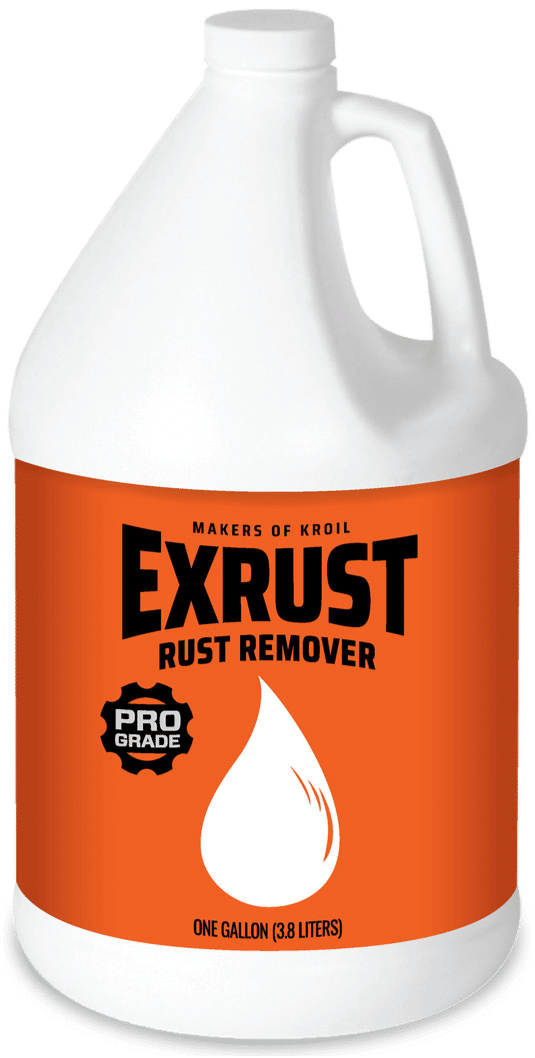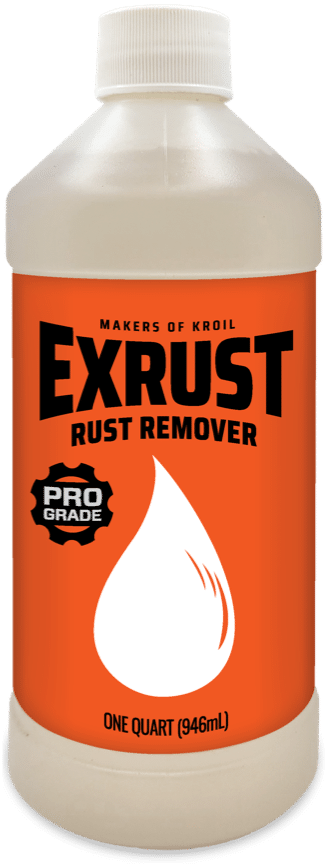The Best Penetrating Oil for Every Job
Are you questioning which type of penetrating oil is suitable for your needs? Maybe you have a rusted bolt that you need to remove, and you want to be sure the penetrant can handle that job. You might have equipment with a jammed part and be curious about whether penetrating oil will help. Penetrating oil has a variety of uses, so the correct oil for one situation might not be ideal for the next.
Penetrating oil isn’t just a product used to help you remove frozen nuts a bit more easily. It can loosen hinges, penetrate rust, and handle all sorts of other functions. The best penetrating oil can completely revolutionize a power generation plant, workshop, manufacturing facility or toolkit and makes a great addition to a home toolbox for those who do DIY projects on their own time.
The Function of Penetrating Oils
The most common use of penetrating oil is to loosen items like bolts and screws that have frozen, seized up, or become corroded over time. The oil has a low viscosity that lets it quickly penetrate crevices, grooves, and pores located on a component of a car, bicycle, or another item that has moving parts. Most penetrating oil consists of some kind of lubricant as well as a solvent. The solvent is what thins down the lubricant to create a thin viscosity and make the oil more mobile to handle problems quickly.
No matter how well you treat your tools and equipment, you’ll end up experiencing rust, moisture, and dirt. Penetrating oils are made to help with all of those things, so you can spend your time on more productive tasks. Regular maintenance using these items can prevent components from breaking or becoming damaged. This, in turn, may end up saving money since you have to replace fewer tools and parts.
The Various Types of Penetrating Oils
There are three typical types of penetrating oils to choose from. All of them can be useful depending on the needs of the user. Consider the most common reasons you will be using the oil before deciding on which type is right for you. The essential characteristics of each are discussed below:
- Straight Penetrating Oils – The straight penetrating oil is commonly used in a variety of mechanical applications. In most cases, these oils will consist of base mineral lubricants such as fats or esters. They may also include extreme pressure additives, such as chlorine, phosphorus, and sulfur.
- Synthetic Penetrating Oils – The compounds used in a synthetic or semi-synthetic oil include things like CFSs, polyglycol, diesters, esters, and silicone. These are incredibly high-performance oils, but they have an additional benefit. This kind of oil is going to be the most fire-resistant. It can be a bit more expensive than the more traditional penetrating oils available.
- Water Soluble / Emulsion Fluids – Offering either a high dilution or a low concentration, this is an oil that contains much more water than others. These can be found in various concentrations that may be up to 90% water, depending on the brand. The reason to use this oil is that it is created to avoid damage with materials that might not work well with other penetrating oils.
- Micro Dispersant Penetration Oils – These penetrating oils are made with either a natural or synthetic oil base and contain solid lubricant particles. The solid lubricants can vary and may include items like graphite, polytetrafluoroethylene (PTFE), and boron nitride.
What to Expect from a Penetrating Oil
There are several benefits to choosing penetrating oil over other products on the market. It offers lubrication, noise reduction, cleaning power, and is corrosion resistant. Each brand will be slightly different, but we want to share what to expect from most of the traditional penetrating oils available today.
- Penetration – Penetrating oils penetrate rust and corrosion in threads, spaces, and small openings of frozen or seized metal parts that might seem impossible to reach. Penetrating oil can work quickly to help loosen items that you thought were a lost cause.
- Reduction of Noise – If you’re dealing with industrial equipment, or a deafening suspension, penetrating oils are made to help. The way the oil is created helps cut down on both friction and rust, which is often responsible for creating these noises.
- Lubrication – Penetrating oil contains lubricant, although the actual amount depends on the brand and ingredient list. Sometimes the lubrication is temporary, but it can also last for a long time with the right components in the mix. The product can be used to lubricate mechanical parts on various items. In addition, it helps with loosening stuck parts, removing tight nuts and bolts, and reducing friction.
- Resistance to Corrosion – Penetrating oils are made to protect any kind of metal surface from the issues related to corrosion. This is huge since corrosion is a common enemy of metal used in the construction of mechanical components. The formulation of the penetrant works to displace moisture, which helps fight against rust and other situations that create corrosion.
- Cleaning Power – It’s essential to look at the product information to be sure, but many types of penetrating oil are made to be used for cleaning. They are especially useful for removing grease, adhesive, tar, and rust. The oil acts as a solvent which means that the items it is placed on will start to soften. This makes it much easier to remove what is left with a soft cloth or a wipe of some sort.
Penetrating Oil to Remove Nuts and Bolts
Removing stubborn nuts and bolts is something that most penetrating oil is created for. That means you have a variety of choices when selecting the option right for your needs. Choosing penetrating oil with a nozzle design makes it easy to use, which can be helpful if this is something you do regularly. Look for an original version from a brand you trust, like Kroil.
This kind of penetrating oil is made to loosen up nuts and bolts that have seized up or experienced rust. The formula will penetrate seized fasteners or break down rust to make it easier to turn and remove these kinds of fasteners. Since many penetrating oils are designed for this purpose, you can choose the application method that works best for you. You’ll likely find liquid bottles, aerosol cans, and drip bottles that can handle the process.
Penetrating Oil to Loosen Metal Parts and Add Lubrication
All penetrating oil offers some amount of lubrication, but the typical varieties are intended for short-term use. If you have a frozen part that needs to be removed, and you want additional lubrication, a specialized product may be the best choice. Some penetrating oil is made with additives to create better lubrication. An example of this is Kroil Penetrant with Silicone.
The high solvency oil is used to penetrate even the tightest spaces. It can break down any rust to clean out the part and make it work properly. The addition of silicone (or other ingredients) provides an impressive level of lubrication that helps free any kind of metal part. It can be used on a variety of items such as slides, hinges, bearings, gate valves, and more. This type of penetrating oil is especially useful in coastal locations where weather and salt case exposure factor into repairs.
Penetrating Oil to Remove Stuck Screws
Bolts and nuts are not the only fasteners that can become stuck and hard to remove. This is another situation where the right penetrating oil can make all the difference. The most common reason for a screw to be stuck is because it stays in one position for an extended time. It can also occur if a screw becomes caked in rust. Typical penetrating oil is an excellent option for handling this situation. Original Kroil is a time-tested option that will remove screws quickly.
If the screw is inside of a component and cannot be removed, a spray penetrating oil can be used to soak it down, so it can be removed. Once that has been completed, the screw could be further soaked in a liquid oil for 15 to 30 minutes. At that time, the screw should look as good as new if it has not experienced any other damage. Kroil’s original penetrating oil is an excellent choice for this situation.
Penetrating Oil for Rubber or Plastic Components
While a variety of penetrating oils can be used on plastic, others cannot. It’s essential to be aware of what products are safe to ensure the plastic part isn’t melted or otherwise damaged when trying to add lubrication for better performance. It would be impossible to list all the penetrating oils that work with plastic, but we can offer a quick tip that will keep your plastic components safe.
The best kind of penetrating oil for plastic is one that contains either PTFE or silicone. The former ingredient repels water, which makes it a great option in damp situations. Silicone can make a surface extra slippery while also repelling water. Either can be used for metal on plastic purposes as well as plastic on plastic situations. It is always a good idea to contact the manufacturer and/or to test the penetrating oil on a sample before using it on a rubber or plastic part.
Penetrating Oil for Grinding and Coolant Purposes
When you start looking at the different kinds of penetrating oils on the market, you may notice that you can choose a foaming or a non-foaming formulation. In many situations, you can use either, or there will not be a great deal of difference. However, that isn’t true in every case. For instance, a foaming oil should not be used for grinding or coolant needs. However, it can be used on a stuck bolt or a nut that won’t come out of a piece of machinery.
If you need a penetrating oil for either of these situations, you should choose a non-foaming oil. If one isn’t present, choose a low-foaming oil over a traditional foaming product. A non-foaming penetrating oil is something good to invest in either way. Since it can be used in many situations, you can get one and use it whenever the repair calls for it.
The Process of Using Penetrating Oil
When using penetrating oil, be aware that it does not act immediately. You will need to use it on the appropriate components and then give it time to become effective. In most cases, this will take at least 15 minutes or so. However, other oils will need an hour or so to ensure a bolt or nut is loose. Make sure to read the instructions for the product to determine how much time it needs to work.
The Best Penetrating Oils for Various Purposes
When you want the best penetrating oils for a variety of purposes, Kroil is the trusted brand you should count on. The company has been around since the 1930s and prioritizes offering the best penetrants on the market. The original and silicone formulas are exceptional for industry needs but also work well for home applications.
Whether you choose Kroil Original Penetrant for free parts and bolts or opt for Kroil Penetrant with Silicone, you get products from a trusted brand that goes above and beyond to ensure your satisfaction. Kroil also offers many specialty products for those who have unique needs.

